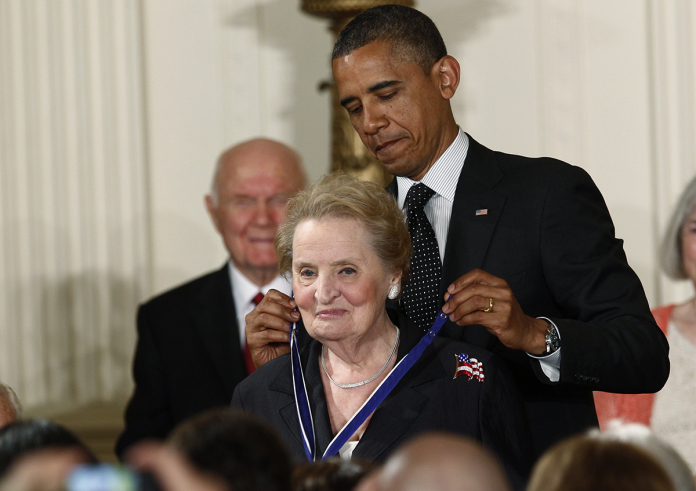The World Health Organization (WHO) has issued a dire warning about the worsening healthcare crisis in the Gaza Strip due to ongoing conflict in the besieged territory. On Tuesday, WHO Director-General Tedros Adhanom Ghebreyesus expressed grave concerns in an online post following new evacuation orders in Gaza City.
"There is really no safe corner in Gaza," Adhanom Ghebreyesus stated. He highlighted that the latest evacuation orders would further impede the delivery of already limited life-saving care.
Adhanom Ghebreyesus reported that key hospitals, including Al-Ahli and Patient Friendly, are out of service. Patients have had to self-evacuate, receive early discharges, or be transferred to Kamal Adwan and Indonesian hospitals, both of which face severe shortages of fuel, beds, and medical supplies. The Indonesian Hospital is operating at three times its capacity.
"Al-Helou Hospital is partially functional despite being within the evacuation zone, while As-Sahaba and Al-Shifa hospitals, near the evacuation areas, remain functional for now," he added.
Eight medical centers are within the evacuation zones, further straining the healthcare infrastructure. Adhanom Ghebreyesus warned that these facilities could soon become non-functional due to nearby hostilities or access obstructions.
WHO has repeatedly called for a ceasefire to ensure the delivery of medical aid to those in desperate need.
Meanwhile, the Israeli military has launched a major assault on Rafah, the southernmost city in Gaza, which now shelters over 1.4 million Palestinians who fled from the north. The humanitarian crisis has worsened as aid trucks remain stranded at the Rafah border crossing in Egypt, with trucks carrying food and water stuck for nearly two months, awaiting permission to enter Gaza.
The Israeli blockade of essential supplies has exacerbated the humanitarian crisis and heightened tensions across the region.
The conflict began on October 7, following a retaliatory operation by Palestinian resistance groups in the occupied territories. Since then, the war has claimed at least 38,243 Palestinian lives, including around 17,000 children, and injured another 88,033 individuals.

















